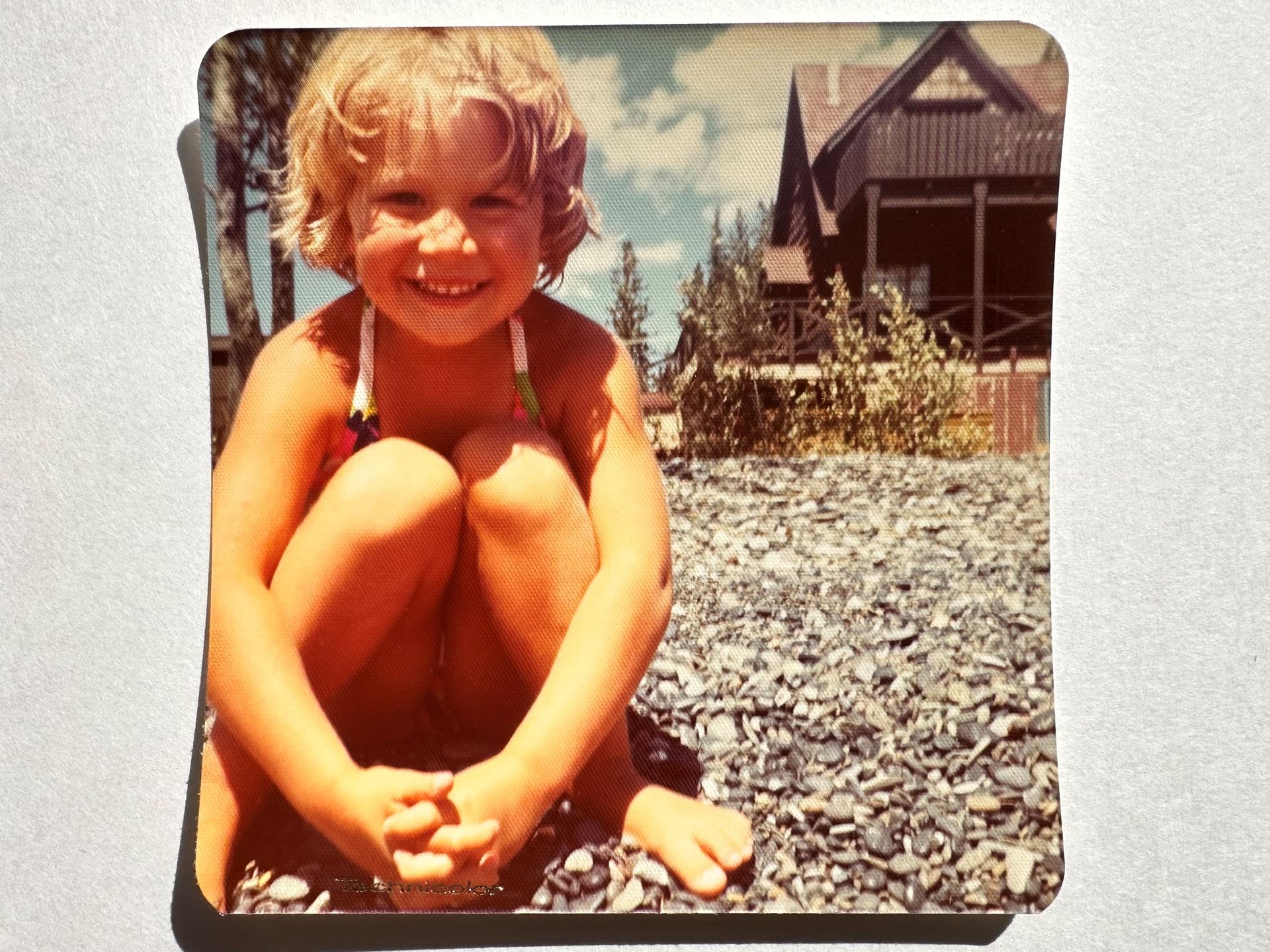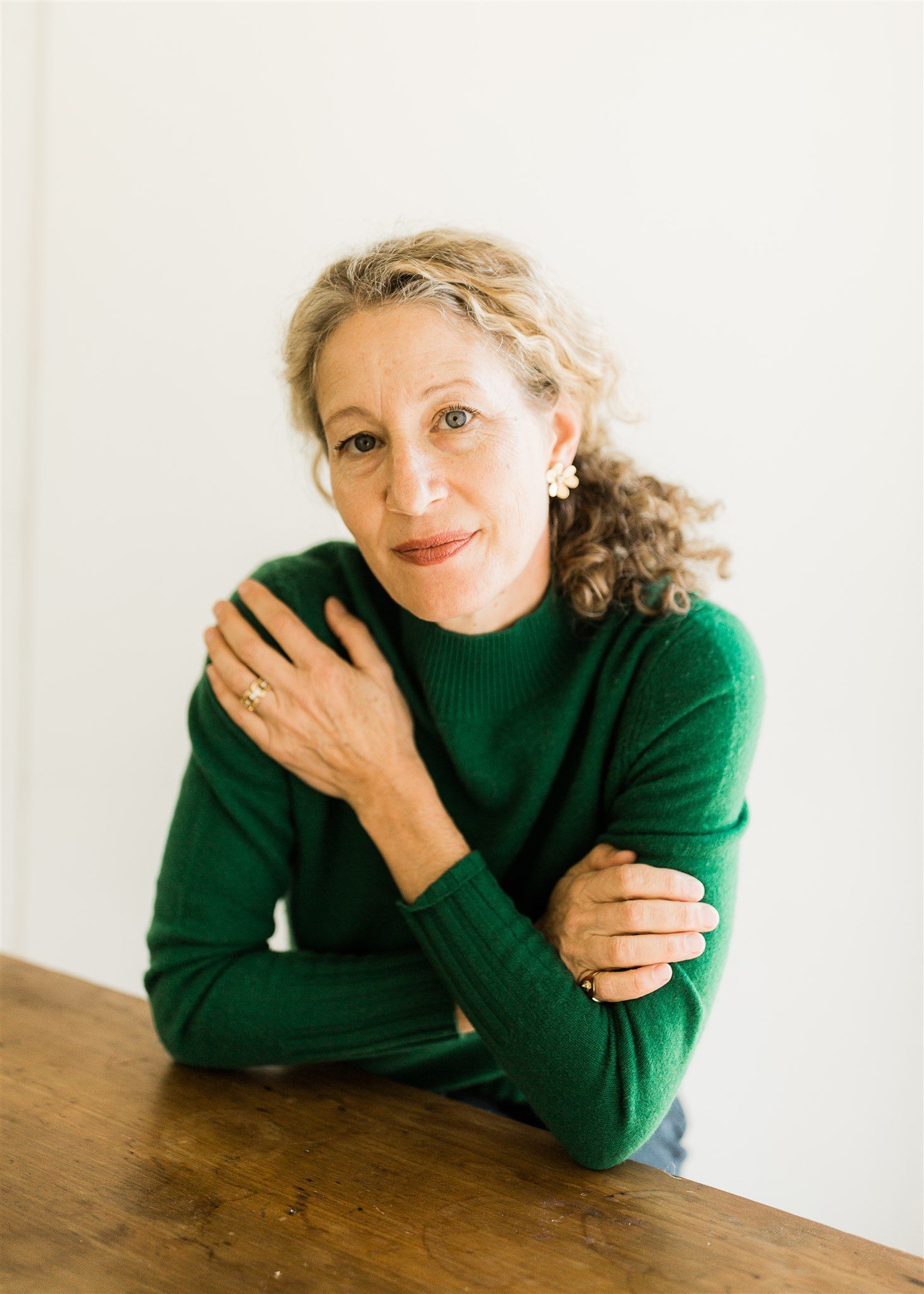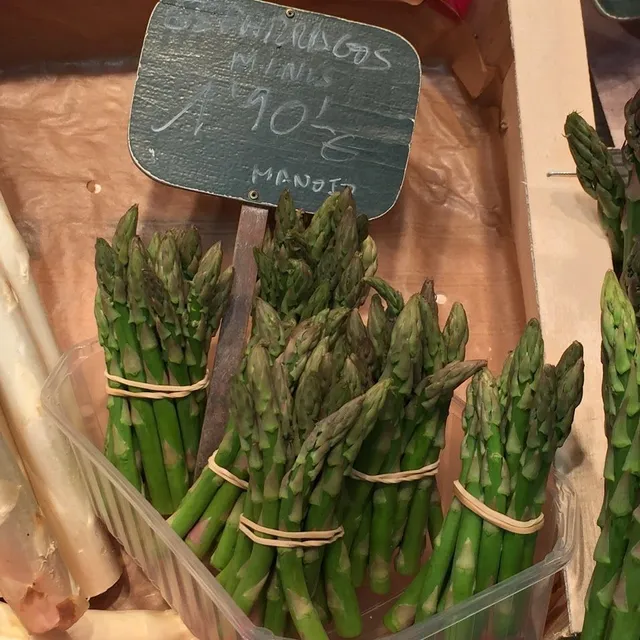Is Death Social?
This article was born from a conversation overheard on the airplane.
We had just landed in Seattle. It had been a long four-hour flight originating from Dallas and the plane had just pulled up to the gate. The plane was large with three seats on each side – six across. I was seated in the exit row, midway back in the plane, seat D, on the aisle. The seatbelt sign just went off. Everyone unbuckled themselves and stood – if they were able. And then we stood some more as everyone removed their belongings from the overhead bins as they departed. This always seems like it will go quickly, but it never really does. So we stood there.
As often happens, you never speak to your row-mate(s) during the flight, but it’s during the alighting of the plane that people strike up a conversation. And frequently, one person begins the exchange by asking, “So, is (fill in the blank arrival city) home, or are you visiting?” The two gentlemen seated on the other side of the aisle seats A and C, struck up such a conversation. In the eavesdropping, I managed to overhear the following: they were both from the East Coast — Virginia and North Carolina. Both had moved to Seattle where they married and had raised their families. One of them was a manager for a company that manufactured jetliners, thirty-two years – now close to retirement.
Seat A had just returned from a visit to Virginia to see his elderly mom and check in on her. She was now 87. Seat C had just returned from a visit to the family cabin or a second home in North Carolina, but I missed that fragment of the conversation while helping my row mate get a bag down from the bin above. I then plugged back into the conversation and this I heard.
“Yeah, I try to get back there at least once a year, but anymore now, it happens on the occasion of a funeral,” said North Carolina.
Virginia quickly interjected, “I like funerals.” He continued, “The food is really good. You see people you haven’t seen for a long time. And you hear stories. You hear stories you’ve never heard before.”
Out of the corner of my eye, I saw North Carolina nod in agreement.
“People may not always feel so inclined to attend weddings; they’re easier to miss, but funerals are different. They almost always attend funerals,” added Virginia.
The comment about the food was interesting and the fact that it was the first thing that came to mind. It underscores what we already know, that when groups of people congregate, there is food; or alternately when there is food, people congregate. We have to eat; we like to eat and it’s more enjoyable when we do it with others. And when we are mourning the loss of a loved one, food is both nourishment and comfort and better in community.
‘and you hear stories,’ I love this.
I immediately envisioned five or six people squished around a table with over-jammed plates of food, odd bits of things that don’t really belong together: slices of ham, devilled eggs, a spoonful of enchilada casserole, the corner end of dried-up lasagna with a crispy dried-out rippled edge, a smushed potato roll, a frosted brownie, a sliver of apple pie with an underbaked crust, and a half-drunk glass of lemonade. Someone at the table is telling a story of the deceased- one that no one has heard before. It’s a funny story, told in an endearing way, but also with an air of mystery and intrigue, leaving the others sitting at the table, laughing and giggling and then shrugging their shoulders with a “we’ll never know” ending. They all take deep sighs, wipe the tears in their eyes, both from laughter and sadness- and wash their grief down with the rest of the lemonade.
The table goes quiet.
He’s right. I’ve been to more funerals than weddings. I don’t remember much about the religious service, but I can recall the layout of the food and I remember the stories and the people with whom I sat at the table. And I am reminded that, yes, in fact,
Death is social.




Follow along...
Subscribe to my Newsletter!
Contact Us
We will get back to you as soon as possible
Please try again later
All Rights Reserved | Jennifer M. Elliott


























